Translations from German
Ukrike Draesner this porous fabric: Selected Poems
Ulrike Draesner is recognised as one of Germany’s most important living poets, as well as being an original and daring writer of fiction. Her poetic language, recorded where breath and script meet, can unsettle conventional reading modalities: its orthography refuses to capitalise; its punctuation – if the stops and starts may be called that – is rarely executed by comma or period; its sequentialities, shunning the comfort of bespoke narrative, undermining the reliability of marching lines and subaltern clauses, are born at the intersection of worldly impulse and bodily pulse, vulnerable to the loops of memory. Her writing favours an exchange with the reader that explores unfamiliar modes of encountering the world to form the sociable space of a poem. Her work is charged with a delicious, inquisitive restlessness. Visually acute, her poems are keen to discover, reflect on and body forth complex blendings of thought, sound, smell and image, delivering a revealing diffraction to the reader’s ear.
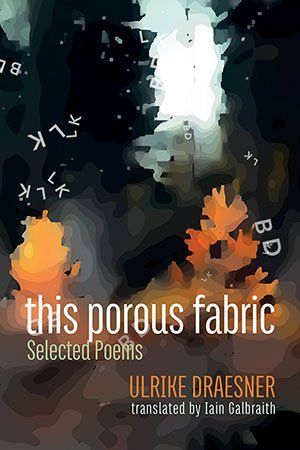
Johann Wolfgang von Goethe Faust — A Tragedy
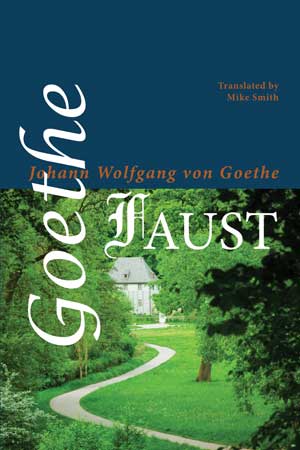
Peter Huchel These Numbered Days
FROM THE SOCIETY OF AUTHORS.
Translated from German by Martyn Crucefix. Bilingual edition.
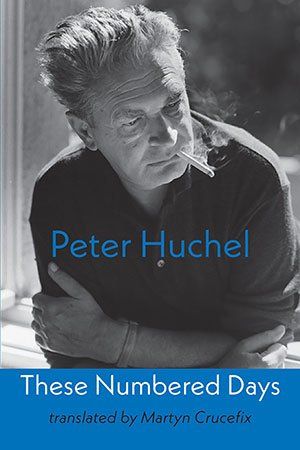
Norbert Hummelt Berlin Fresco — Selected Poems
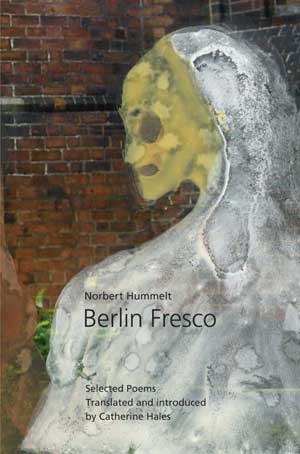
Vasily Kandinsky Sounds
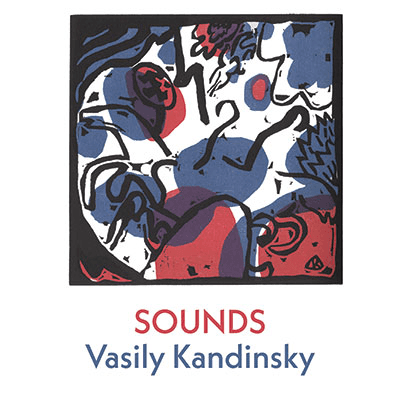
Thomas Kling zerodrifter: Selected Poems 1983–2005
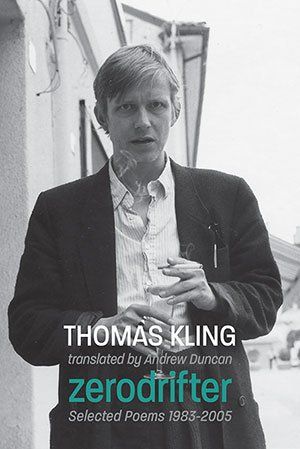
Alfred Kolleritsch Selected Poems
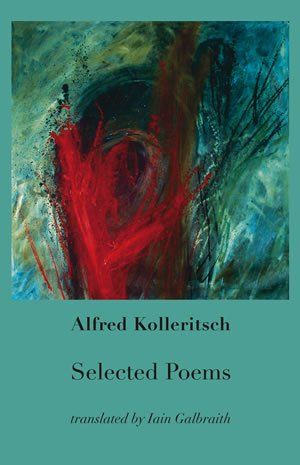
Gertrud Kolmar Worlds
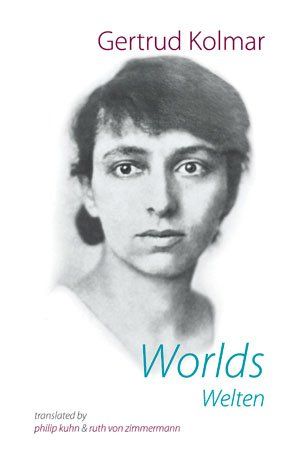
Ilma Rakusa A Farewell to Everything
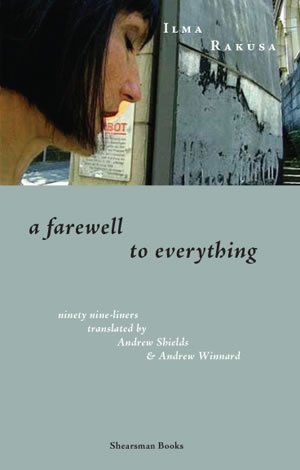
Tessa Ransford (ed./trans.) The Nightingale Question: 5 Poets from Saxony
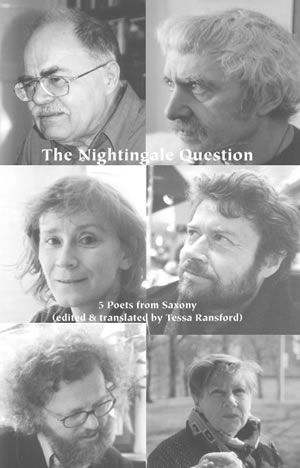
Rainer Maria Rilke From Notebooks and Personal Papers
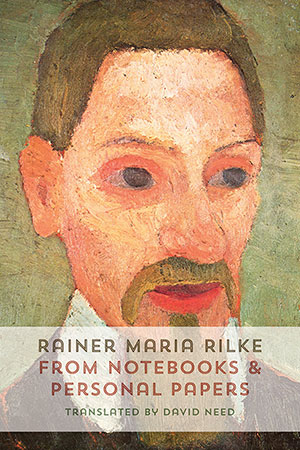
Lutz Seiler In the year one — Selected Poems

Ron Winkler Fragmented Waters
Translated from German by Jake Schneider. English only.
Published 2016. Paperback, 84pp, 8.5 x 5.5ins, £10.95 / $18
ISBN 9781848615045 [Download a sample PDF from this book here .]
Born in 1973, Ron Winkler is one of the leading poets of his generation in Germany.
“In his poetry he demonstrates in a sometimes hilarious, sometimes unsettling way how an ever greater part of what in the previous century we used to call ‘reality’ for the sake of convenience, has been expanded and shrunk to a virtual universe in which the tactile and audible are constantly zapped, sampled, filtered and twittered. The consequence is that “on a word level, our thought collapses into fragmented, labyrinthine and ridiculously large-scale concepts”. —Ard Posthuma
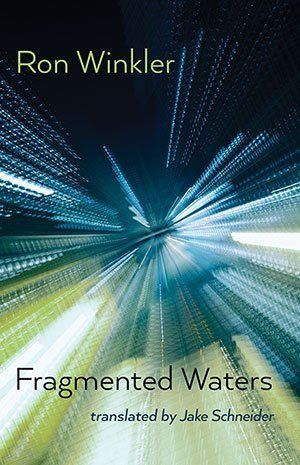
Shearsman Books Ltd. All rights reserved
Shearsman Books Ltd registered office 30–31 St. James Place, Mangotsfield, Bristol BS16 9JB ( address not for correspondence ). Registered in England as company no. 4910496.

